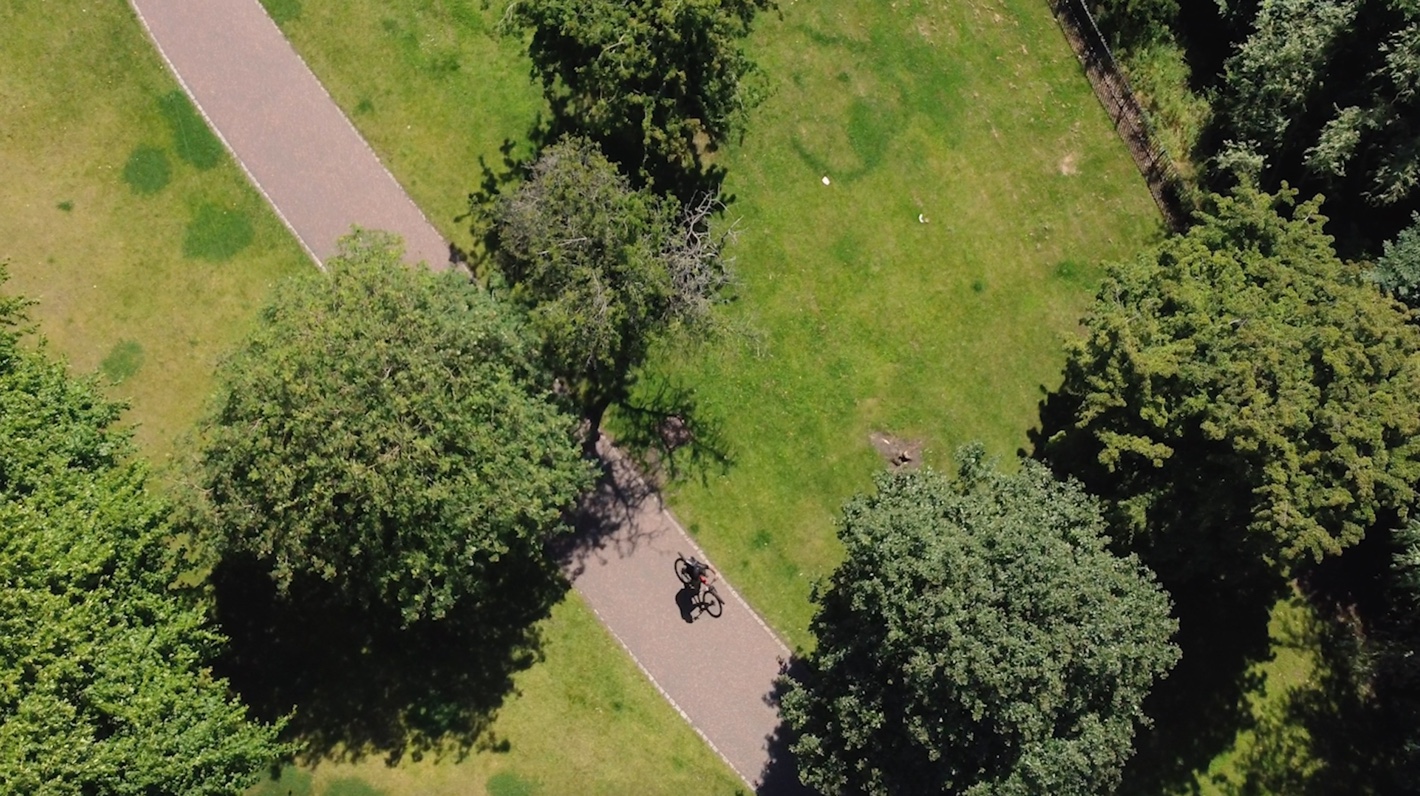
Environmental groups call for new Scottish law to tackle waste and resource use
Scottish Environment LINK Press Release, issued by Friends of the Earth Scotland
Environmental campaigners are today (Wed 12 June) calling on the Scottish Government to bring forward new laws to tackle waste and pollution from plastics and other materials by reducing resource use.
Scottish Environment LINK – the umbrella group representing 38 green organisations – wants the Scottish Government to honour the SNP’s manifesto commitment and introduce an ambitious Circular Economy Bill that will increase rapidly the amount of materials reused and recycled by Scottish businesses and households. They will take their plea directly to MSPs today at a meeting in the Scottish Parliament. The Scottish Environment Protection Agency (SEPA) estimates that we are currently consuming resources as if we had three planets, leading to environmental destruction. LINK’s proposal aims to use SEPA’s concept of ‘One Planet Prosperity’ to create a timescale and targets to significantly reduce our use of resources.
The Scottish Government has been praised for initiatives to reduce plastics pollution like the forthcoming Deposit Return Scheme but far more ambition is needed to extend this approach to other materials. As well as setting targets, the LINK proposals for the Bill include:
• a duty on ministers to report on progress towards the Bill’s targets
• a new Resources Reduction Plan
• an expert Committee to provide advise government
• measures to phase out specific problem materials such as polycarbonate which is difficult to recycle
Public concern in the UK about the environment is at record levels. The recent UN report revealed the threat to one million species from human activity, combined with the revelations of far-reaching plastic pollution, has led to growing awareness of the need to stop damaging our environment and a growing willingness to act.
Matthew Crighton, Convenor of LINK’s Economics Group commented,
“We need to move rapidly to a more circular economy because the climate and ecological emergencies we face are partly driven by what and how much we consume.
“The Scottish Government’s promised Circular Economy Bill is an opportunity to set us firmly on a course towards reductions in the resources we use by keeping as much material as possible circulating in the economy, rather than chucking it out as waste. Our current approach where products have a short lifespan and are seen as disposable is creating mountains of waste for future generations as well as exhausting valuable natural resources.”
“The move to a more circular, less wasteful economy can bring Scotland an economic boost by making businesses more efficient and delivering important social benefits such as cleaner air and water, as well as protecting our wildlife.”
“Reducing waste is not only about recycling, it’s about designing a whole system so that producers of things like fridges, computers, tyres and mattresses take responsibility for what happens to them at the end of their lives. Applying the principle of Producer Responsibility would mean products are designed so they that can be easily repaired or broken down to make new products.
“It is much to the credit of the Scottish Government that they have adopted the idea of a circular economy and followed through with some specific initiatives, for example banning plastic cotton buds and the Deposit and Return Scheme. But there is much, much more to do – these measures will only cover a drop in the ocean of plastics pollution”.
Notes for Editors
1. The SNP made a commitment in their 2016 manifesto to bring forward a Circular Economy and Zero Waste Bill in the current parliamentary term.
2. Scottish Environment LINK launches its Call for a Strong Circular Economy Bill on the morning of Wednesday 12 June 2019, proposing that the timescale for reaching One Planet Prosperity be aligned with global zero carbon emissions targets. The Call and the associated Briefing is available at http://www.scotlink.org/public-documents/a-call-for-a-strong-circular-economy-bill-for-scotland-june-2019/
The launch is to be followed by an information session for MSPs in the Scottish Parliament at 1.00 pm that day, hosted by Angus MacDonald MSP.
3. A Circular Economy is one which keeps resources in use for as long as possible, extracting the maximum value from them whilst in use, and then recovering and regenerating products and materials at the end of each service life.
4. The report on Global Assessment of Biodiversity and Ecosystems Services by IPBES for the UN can be found at https://www.ipbes.net/
5. “The environment is now cited by people as the third most pressing issue facing the nation in tracking data from the polling company YouGov that began in 2010” https://www.theguardian.com/environment/2019/jun/05/greta-thunberg-effect-public-concern-over-environment-reaches-record-high
6. One Planet Prosperity is the title of SEPA’s Regulatory Strategy, chosen “to reflect the challenge all nations face of reducing the over-use of the planet’s natural resources”. See https://www.sepa.org.uk/media/219427/one-planet-prosperity-our-regulatory-strategy.pdf
7. Polycarbonate and Polylactide are difficult to recycle. Polycarbonate (PC) is used in baby bottles, compact discs, and medical storage containers. http://www.ryedale.gov.uk/attachments/article/690/Different_plastic_polymer_types.pdf
8. Scottish Environment LINK is the forum for Scotland’s voluntary environment community, with over 35 member bodies representing a broad spectrum of environmental interests. LINK provides a form for these organisations, enabling informed debate, assisting cooperation within the voluntary sector and acting as a strong voice for the environment.
https://www.scotlink.org
